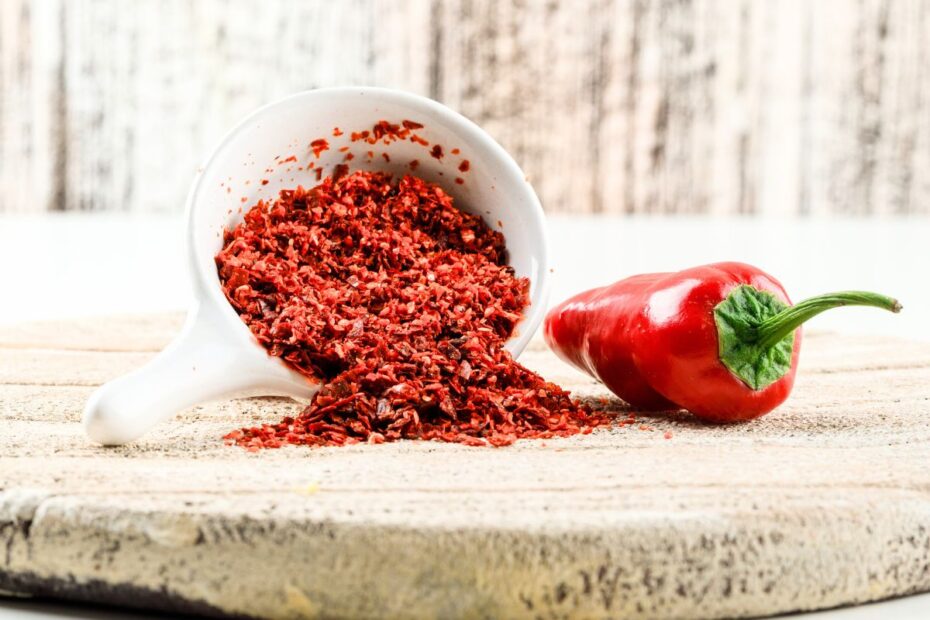By the time November rolls around, your garden probably looks more like a blanket of fallen leaves than a green haven. The days are colder, the air damp, and much of the wildlife has already begun migrating to warmer places. Yet many garden birds stay put, relying on whatever food sources they can find to survive the winter. After a tough year marked by a sharp decline in insects — populations have dropped by nearly 80% in the past two decades — they need a little help from us. That’s where an unlikely ally comes in: a pinch of chili powder.
Chili: friend to birds, foe to squirrels
If you’ve ever put out bird food, you’ll know it doesn’t just attract birds. Opportunists like squirrels, foxes, and even neighborhood pets are quick to swoop in. Chili powder changes the game. Birds can eat it without any problem — they lack the receptors that make mammals feel the burning sensation. But for other creatures, even a small taste is enough to send them running.
To help the sparrows and finches that rely on your garden, avoid scattering food directly on the ground, where it can spoil or sprout in the wrong places. Instead, use bird feeders or nesting boxes to keep supplies dry and safe. Feeding from above not only limits waste but also reduces the spread of diseases like trichomonosis, which can be fatal for birds.
A varied menu for biodiversity
Of course, chili powder is only one part of the recipe. Experts at the RSPB (Royal Society for the Protection of Birds) advise diversifying bird diets: a good mix of peanuts, seeds, and live foods such as mealworms or waxworms is ideal. The wider the variety, the better the impact on local biodiversity.
And don’t forget about kitchen scraps. Leftover rice, breadcrumbs, or small amounts of pastry can make a useful supplement, though they should be given sparingly. Even those forgotten apples or pears at the back of the fridge can be a treat for thrushes and blackbirds. Add a dash of chili powder before serving, and you’ve created a safe feast that helps the birds while keeping unwanted diners at bay.
A small act, a big impact
Sprinkling chili powder might seem like a quirky gardening hack, but it’s a simple way to support struggling bird populations during the colder months. It helps protect their food, reduces competition, and gives them a fighting chance to survive winter.
So, next time you’re setting out seed or fruit this November, grab that spice jar from your kitchen. Your local wildlife will thank you — even if the squirrels don’t.
